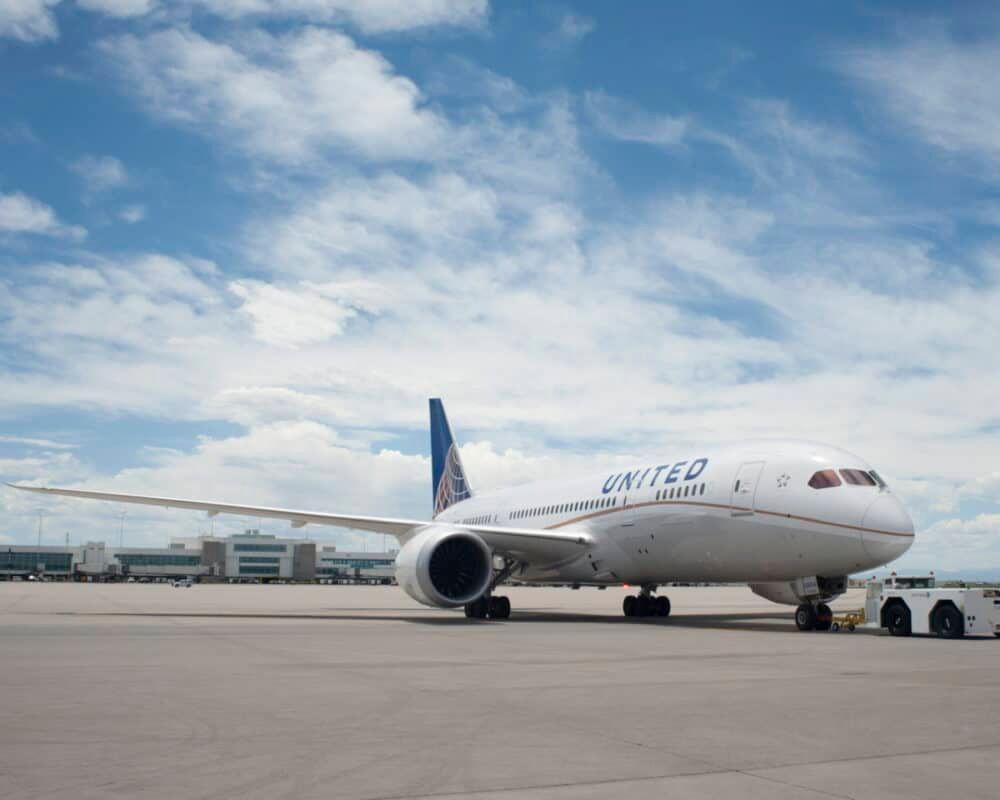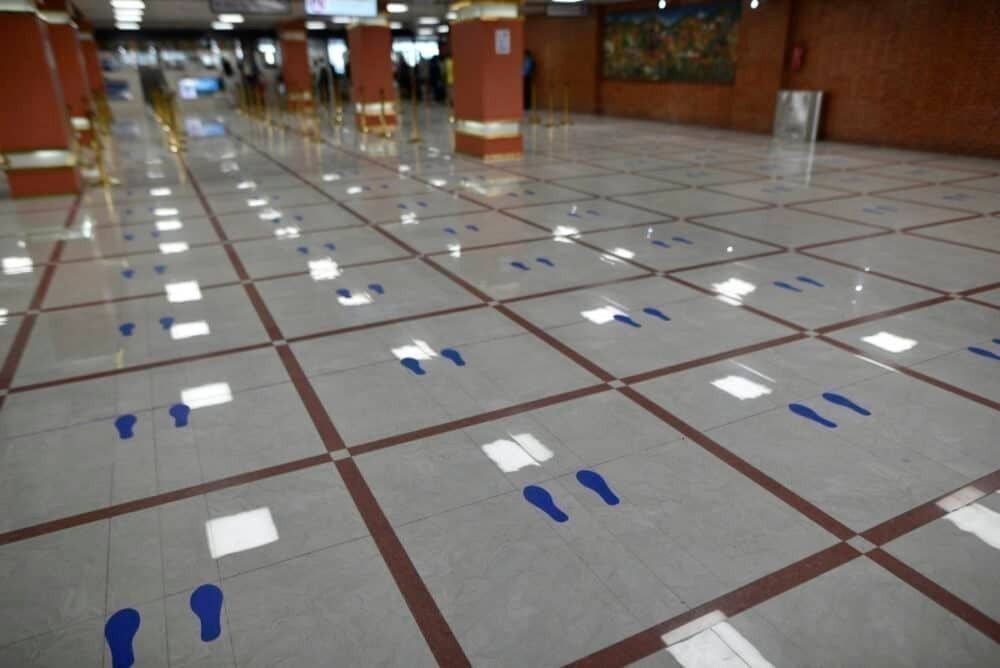To block the middle seat or not to block the middle seat? Some airlines have gone all in, some have given it a few half-hearted attempts, and now, some are giving it up entirely. Even as the number of coronavirus cases in the United States keeps increasing, American Airlines is joining United in easing social distancing policies ahead of the 4th of July holidays. Beginning Wednesday, flights will once more be booked to capacity.
60% capacity not financially sustainable
It is common sense that it is economically unviable for an airline to operate flights only two-thirds full to capacity for any longer duration of time. However, in an initial bid to placate passenger woes of being constricted in close quarters with someone who could potentially be infected with the virus, many airlines have been capping bookings at between 60% and 67%.
Delta Air Lines and Southwest Airlines have stated their intention to keep doing so until September 31st. JetBlue has promised to leave the middle seat empty, unless people are traveling together, until the end of July.
Stay informed: Sign up for our daily aviation news digest.
Other measures more important
However, United and American have a different approach. Ready to once more fill planes to 100% capacity, they are arguing that other steps, such as enhanced cleaning procedures and the requirement for all passengers to wear face masks, eliminate the need to block seats. According to Forbes, the two carriers will again both be fully booking their flights from Wednesday onwards.
Criticism led to full flight alerts
United Airlines came under quite a bit of criticism in May after a tweet made by a doctor who had been fighting COVID-19 in New York, then an epicenter of the pandemic, on his way back home to San Fransisco. The plane was packed, and the doctor expressed feeling more at risk on board than in the corridors of the hospital he had just left.
United since altered its policy, stating it was not blocking the middle seat, but would alert passengers on fully booked flights and allow them to change to a different, less busy, departure if available. In the statement issued by American announcing the ramping up to 100% booking capacity, the carrier promised to continue to do the same.
Understandable for liquidity reasons
The decision to once more make the middle seat fair game is finding sympathy with those focusing on the desperate need for liquidity that airlines find themselves in, not least to be able to save as many jobs as possible. However, the US is still riding its first wave of the virus, and health experts are expressing concern over the lack of physical distance this will afford.
Potential law-suits in case of contagion?
Some even call booking the planes to capacity without proper health testing in place a "risky business decision." If someone was to contract COVID-19 on board a full aircraft, it is likely they could end up suing the airline, especially as the safety of the other measures are being so extensively proclaimed.
US carriers have been pushing the government to implement a nationwide mandate for temperature screenings at airports. However, no decision was reached on this matter during the latest convergence of airline CEOs and the White House on Friday.
Is the possibility for (relative) social distancing on board a factor for you when deciding whether or not to fly at this time? Let us know in the comments.Â



